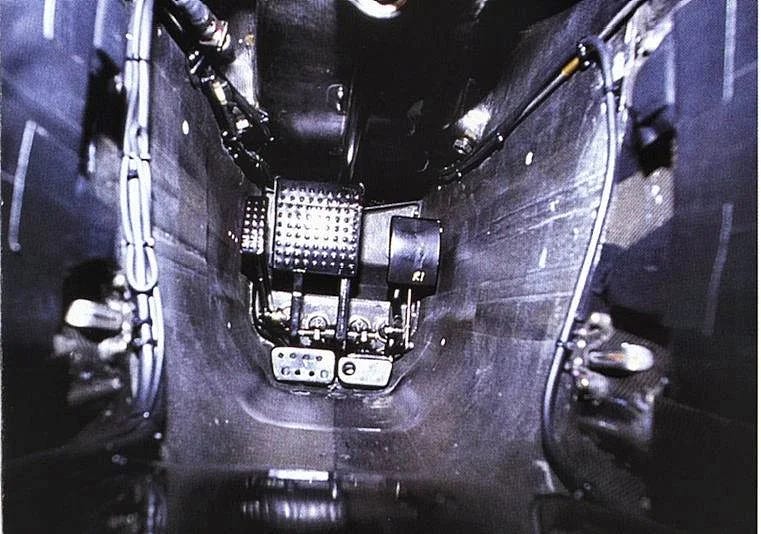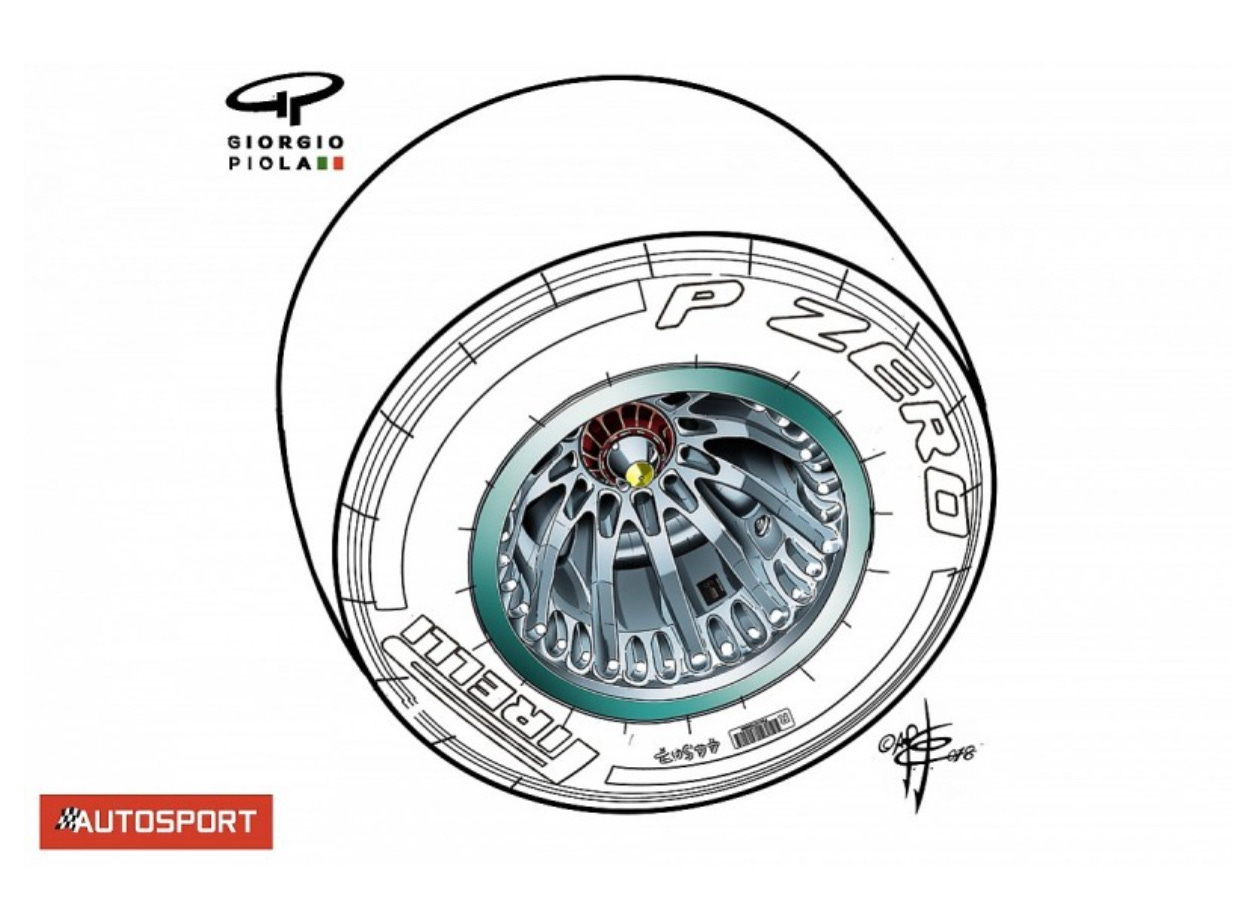Major League Baseball recently experienced one of the most consequential rule changes in its storied history. In 2023, base sizes expanded, defensive shifts were banned, and a pitch clock was introduced. A clock in baseball! These significant adjustments have reverberated throughout the MLB, a sport notorious for its resistance to change since the mid-19th century. I mention baseball, once again, to draw a contrast with Formula 1.
While most major sports have an air of permanence surrounding their rules, with the core principles remaining intact, Formula 1 is a striking exception. In F1, the rules serve as a dynamic battleground, with drivers and teams vying for championships while also navigating the ever-shifting landscape of regulations and race format experimentation.
The FIA and F1 establish rules for both individual seasons and broader eras, with the most dramatic recent example being the introduction of ground effects cars in 2022. (“Ground effects” here indicate that the cars are producing the majority of their downforce from the underside of the floor and not, as has been true for many years in F1, from the top surfaces of the car.) These new regulations force teams to innovate in response to technological advancements, ensuring F1 remains the pinnacle of motorsports.
F1's unique reliance on cutting-edge technology and scientific ingenuity leads to a constant tug-of-war between invention and regulation. Teams may develop innovations that the rules never anticipated, such as Mercedes' blown wheel rims from a few years ago that help regulate tire temperature, the revolutionary but now illegal DAS system, also a Mercedes invention, or McLaren's second brake pedal in the late '90s. The line between ingenious invention and reprehensible cheating depends on the FIA's interpretation of these innovations.


For instance, the 2019 Ferrari controversy highlights this delicate balance. That year, Ferrari's top-speed advantage raised suspicions among rival teams, leading to an FIA investigation. Although the FIA never officially declared Ferrari's car illegal, their advantage mysteriously vanished in a poor showing at that year’s U.S. Grand Prix in Austin; on the heels of a technical directive that was announced which eliminated a potential area within the fuel flow regulations. Ferrari admitted no wrongdoing, and the FIA cast no aspirations on Ferrari. And Ferrari kept losing…
Rule changes in F1 serve multiple purposes: they maintain excitement by offering opportunities for teams and drivers to challenge historical trends and the current pecking order, and they accommodate technological progress, ensuring that F1 remains at the forefront of motorsports innovation and safety.
As we watch the 2023 F1 season unfold, fans are still riding the wave of excitement from the massive 2022 rules changes. The grid order remains more fluid than anyone has ever seen, with teams in a constant development race to grab some of the bigger gains on offer and optimize their cars' performance.
Historically, in F1, when a team like Red Bull - in this case, wins a new rule change and shows up with a super quick car; that tends to signal an era of domination. We recently witnessed this with Mercedes, who is fresh off an eight-year tear of non-stop champagne and trophies. Before them, Red Bull had an incredible run with Sebastian Vettel. The team and driver pairing won four drivers and constructors championships between 2010 and 2013. However, with F1’s first cost cap in place that gives the winning team the least amount of wind tunnel time, as well as the penalty Red Bull has incurred for being the first to violate that cost cap, there is every chance that by the end of this season, we could see the RB19 slide backward and other teams make large advances (looking at you Mercedes). Never before has the pecking order in Formula 1 looked so tenuous. That is a big source of excitement for F1 fans. The racing is closer than ever. The gaps between the cars are closer than ever. And between the big gains teams can expect to make as they continue to learn more about how their new cars work, coupled with the effects of the cost cap, we could be poised to witness one of the most exciting eras of Formula 1 ever. At the moment, we are holding our collective breath to see if F1 delivers on its decades-old promise of closer racing and more parity; at the moment, things look promising even if Red Bull has won every race this season so far.




